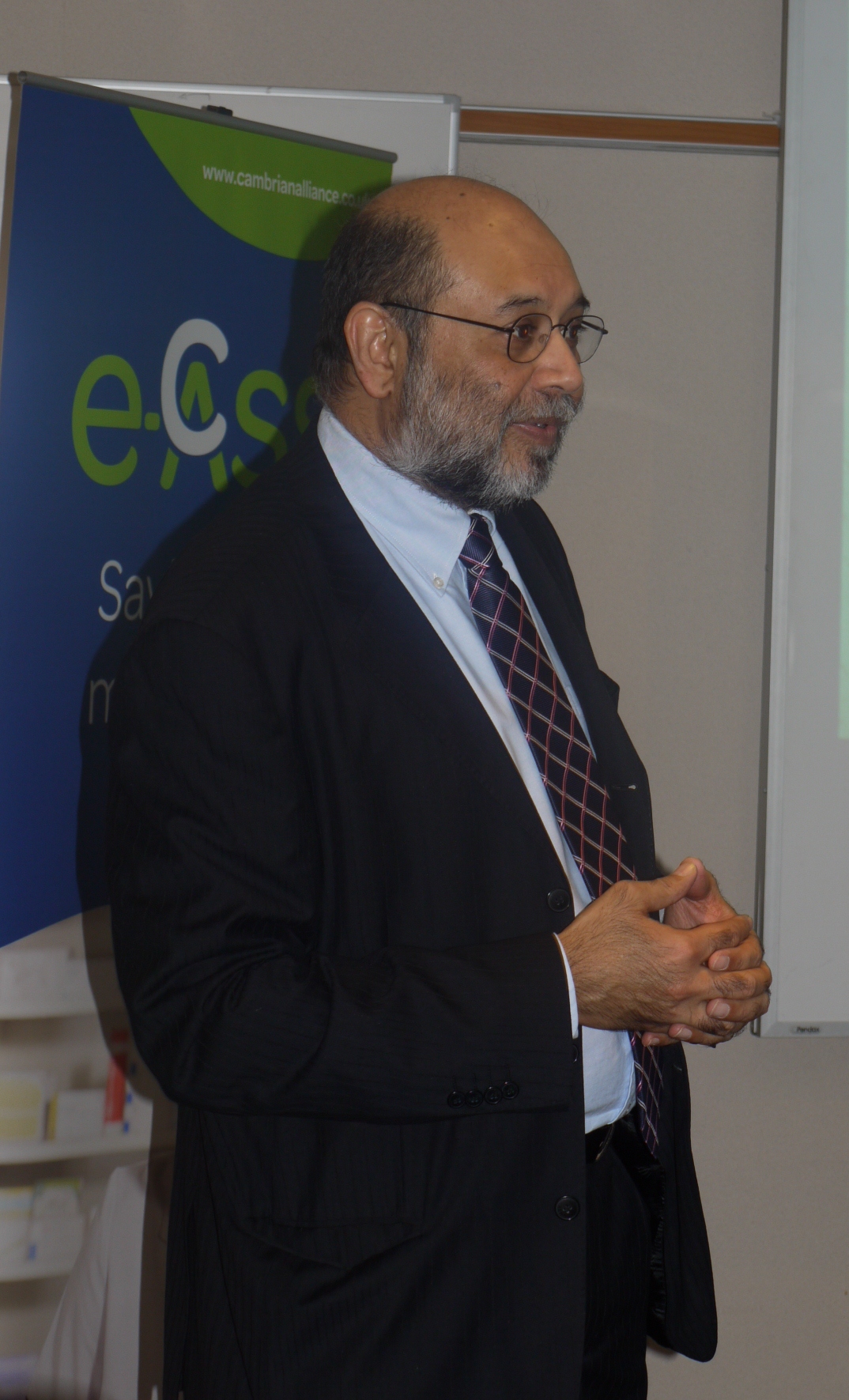Letter: Pharmacy failing over adherence
In Opinion
Follow this topic
Bookmark
Record learning outcomes

Letter to the Editor
Sir,
In the Pharmaceutical Journal (vol 294, p420), Emma Page makes the devastating statement, "Cochrane review found that current methods to improve adherence to medicines are not effective" and concluded that "it is uncertain how adherence to medication can be consistently improved".
Pharmacy has failed. And so has the Government! If pharmacists cannot get adherence right, then what role do they aspire to in an outcomes-based future?
People with long-term conditions in particular are being short-changed by the NHS. I strongly believe that pharmacists' future roles depend on getting 'whole person care' right by considering patient's bio-psycho-social factors as well as medicines aspects.
Future job opportunities depend on pharmacists getting a number of things right at the same time and demonstrating a sense of urgency. They must ensure that:
1. Safety in the use of prescribed and sold medicines is improved. By that, I mean not just safe dispensing, but also safe clinical outcomes
2. Medicines' effectiveness must improve. Presently, 50 per cent of prescribed medicines are wasted. Drug-induced (iatrogenic) diseases are on the increase
3. Patient experience must improve. This means that they not only understand but actively participate in their therapy and improve chances of good outcomes
4. Cost-effectiveness of treatment must be improved.
In short, patients must be involved in reducing future risks, wastage, and feel empowered. Yet current professions-led systems in hospitals, care homes and community are archaic and are failing to provide personalised care planning which aims to ensure that individuals' values and concerns shape the way long-term conditions and associated medicines-taking are managed.
This approach encourages patients to select treatment goals and to work with clinicians and pharmacists to determine their specific needs for treatment and support.
Non-adherence is because the system is based on biomedical QOF indicators linked to a dispensing (supply) system that leads to low patient expectations, not on bio-psycho-social assessment of patients' needs as in SelfCare Pharmacy practice introduced in NE London where patient expectations are raised.
We have trained over 110 pharmacists to use psychological tools (health coaching) to combine with clinical tools to produce more predictable outcomes. We hope to provide a sound evidence base to secure the future for all professionally minded pharmacists.
[Link for the Cochrane Review]
Hemant Patel
North-east London
Hemant Patel is standing in the English Pharmacy Board election.
